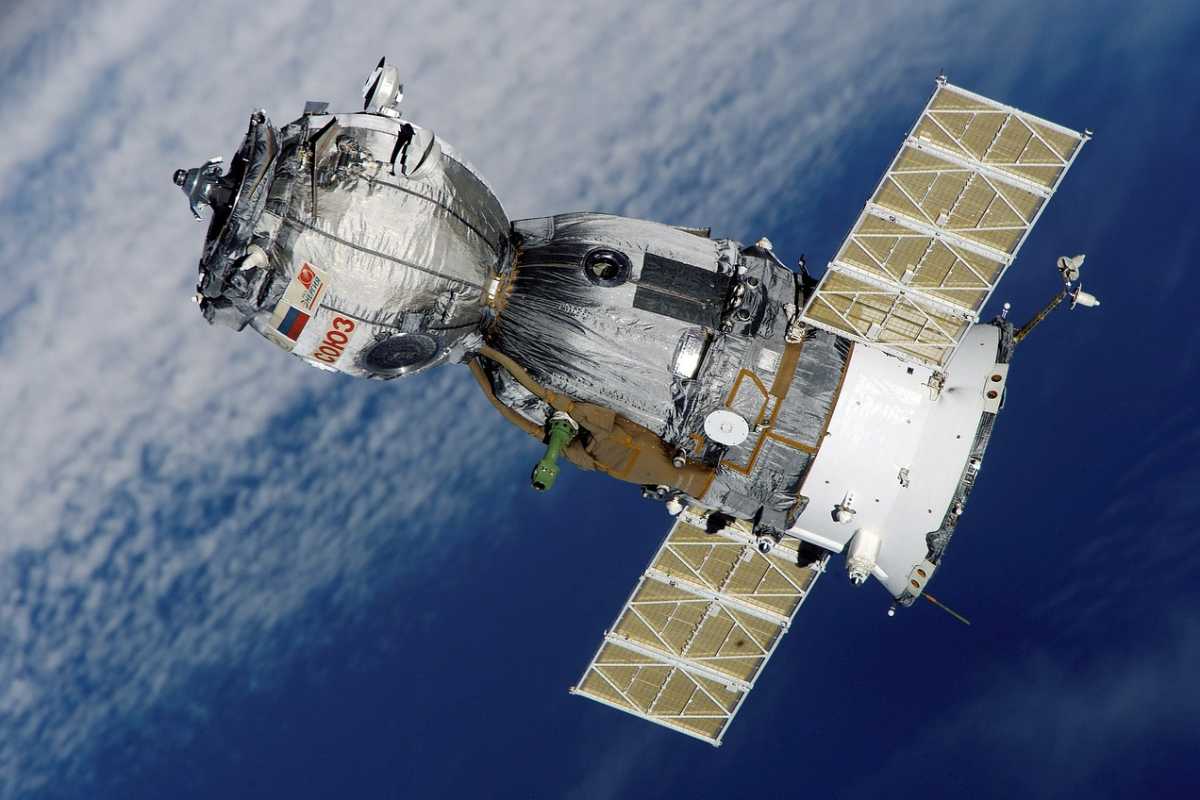
Amazon is moving at a fast pace to launch Project Kuiper, its satellite broadband business. The company has confirmed that it will start offering space broadband services by the end of 2024. Amazon has also confirmed that it is looking forward to working with the Indian government and local partners to bring affordable broadband services to the country. The company is looking forward to bringing internet access to underserved areas, said an ET report.
Amazon said that it is a long-term project and it will be working with the Indian government to ensure that customers and communities across the country can be connected, the report added. It is worth noting that Amazon has already applied for the GMPCS (Global Mobile Personal Communication by Satellite) license. This license will enable the company to get other permissions from the government to start offering satellite broadband services.
Read More - Amazon Silently Applies for GMPCS License in India: Report
Further, Amazon also launched two test satellites last week into the low-earth-orbit (LEO) and plans to build a global constellation of 3236 satellites in the initial phase. This will enable the company to offer internet services in any part of the world it wants to. Amazon has confirmed that by the end of 2024, it will offer services, but the target markets are not yet clear. While India is definitely in the plans of the company, it is unlikely that Amazon will start with India.
Elon Musk's Starlink has not yet come to India, but one of the major hindrances to the company's growth has been discovered as the steep or expensive pricing. While Amazon's words tell us that the company wants to offer affordable broadband, it is unlikely that it would be too different from the pricing of what Eutelsat OneWeb and Starlink will offer.
Read More - Amazon Sends 2 Test Satellites into Space, First Steps Towards Kuiper’s Launch
Amazon has a long way to go to attain licenses and permissions from the Indian government. Any foreign entity looking to set up infrastructure in India needs to seek approval from an autonomous central regulatory body, In-Space. Right now, the focus of every satcom player will be on the TRAI's (Telecom Regulatory Authority of India's) recommendation over how the spectrum should be allocated for satellite broadband services.















